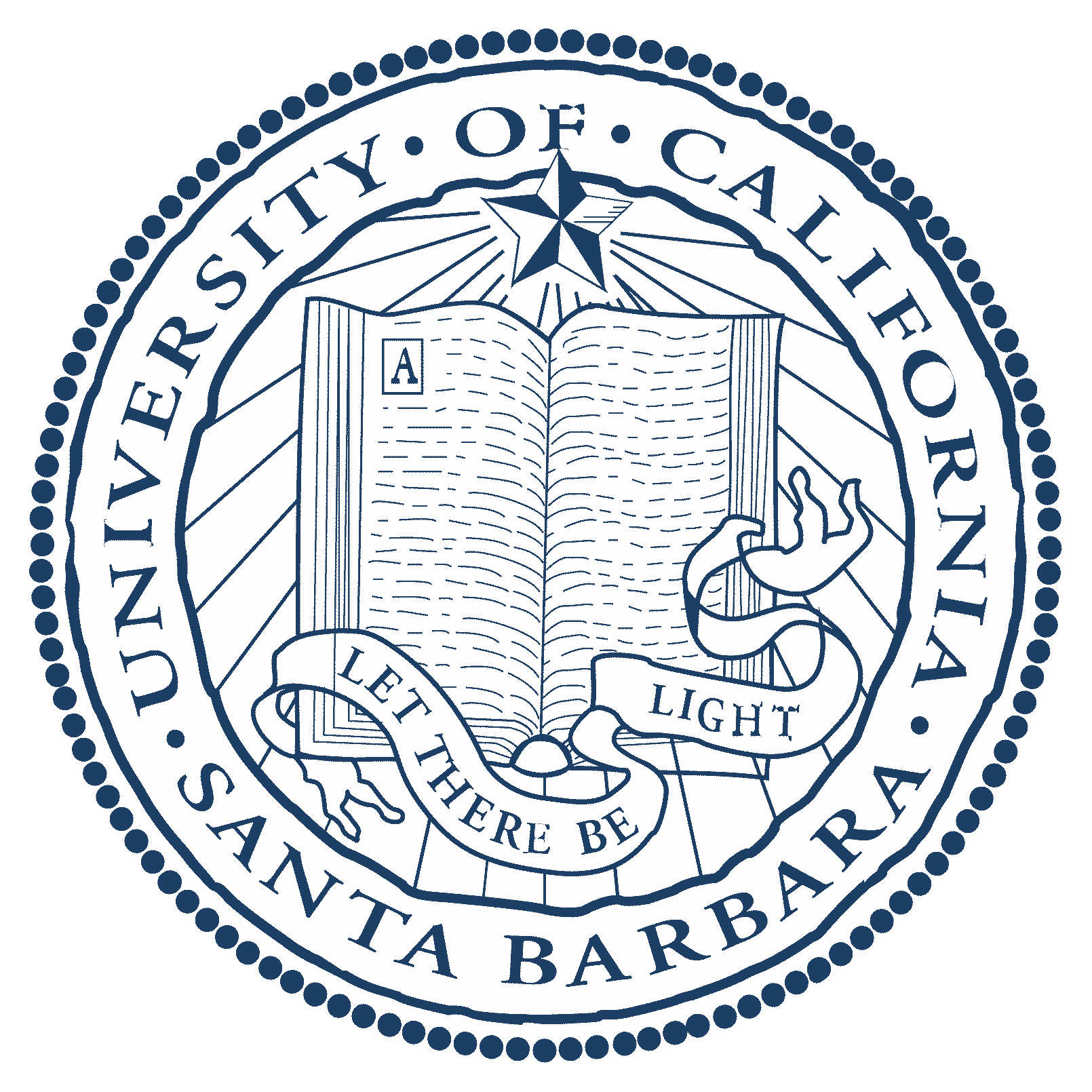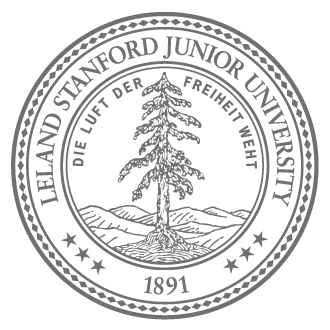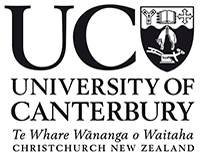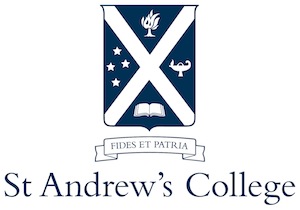Courses at UCSB
-
LING 102/205: Programming for Linguists
[+] Offered annually in the Fall at the undergraduate level (not always by me) and occasionally at the graduate level
Hands-on introduction to programming in Python, with emphasis on methods for retrieving, structuring, and interacting with textual data. Focus on developing practical programming skills and transferable methodology such as debugging, task decomposition and abstraction, and best practices for documenting and structuring code. Targeted toward students with no programming background.
-
LING 110/208: Foundations of Computational Linguistics
[+] Offered every 2 years in the Winter at the undergraduate level and occasionally at the graduate level
An introduction to foundational ideas in computational linguistics, such as: n-gram language models; noisy channel models; supervised and unsupervised learning; and distributional semantics. Focus on developing an understanding of the intuitions behind the ideas, including relevant algorithms and math, and implementing this understanding in hands-on programming applications.
-
LING 111/210: Advanced Computational Linguistics: Text Processing
[+] Offered every 2 years in the Spring at the undergraduate level and occasionally at the graduate level
Advanced topics in the computational processing of language in text form, such as: neural network language models; parsing; topic modeling; and machine translation. Focus on developing a high-level understanding of modern approaches and how to use them. Discussion of applications to areas such as natural language processing, corpus linguistics, and computational psycholinguistics.
-
LING 119/209: Advanced Computational Linguistics: Speech Processing
[+] Offered occasionally
Advanced topics in the computational processing of language in spoken form, such as: forced alignment; speech recognition; speaker recognition; and text-to-speech. Focus on developing a high-level understanding of modern approaches and how to use them. Discussion of applications to areas such as natural language processing, corpus linguistics, and computational psycholinguistics.
-
LING 247: Computational Cognitive Models of Language
[+] Offered occasionally
Introduction to computational cognitive models of language. Walks through three different families of computational models and how they have been applied to (psycho)linguistic research: neural networks, exemplar models, and Bayesian models. Hands-on practice implementing and using computational models, discussion of research papers, and either planning an original project or replicating an existing one.
Previous Teaching Experience
-
[+] Stanford University
Summer 2018
Instructor for LINGUIST 61S: Language Evolution and Change [syllabus]Summer 2017
Instructor for Introduction to Python (sponsored by the Center for Computational Social Science)Winter 2017
TA for LINGUIST 65: African American Vernacular English (with John Rickford)Autumn 2015
TA for LINGUIST 110: Introduction to Phonology (with Arto Anttila)AY 2014-15
Corpus TA, Department of Linguistics -
[+] University of Canterbury
Semester 2 2012
Tutor for MATH103: Mathematics 1BSemester 1 2012
Tutor for MATH102: Mathematics 1AOctober 2012
Presenter at Scholarship Calculus Workshop, "Reading and Writing the Mathematics of Change"2011-2012
Head Tutor for Scholarship Calculus Problem-solving Workshops -
[+] St. Andrew's College (Christchurch)
2009-2013
Instructor for Scholarship Calculus Extension Program



